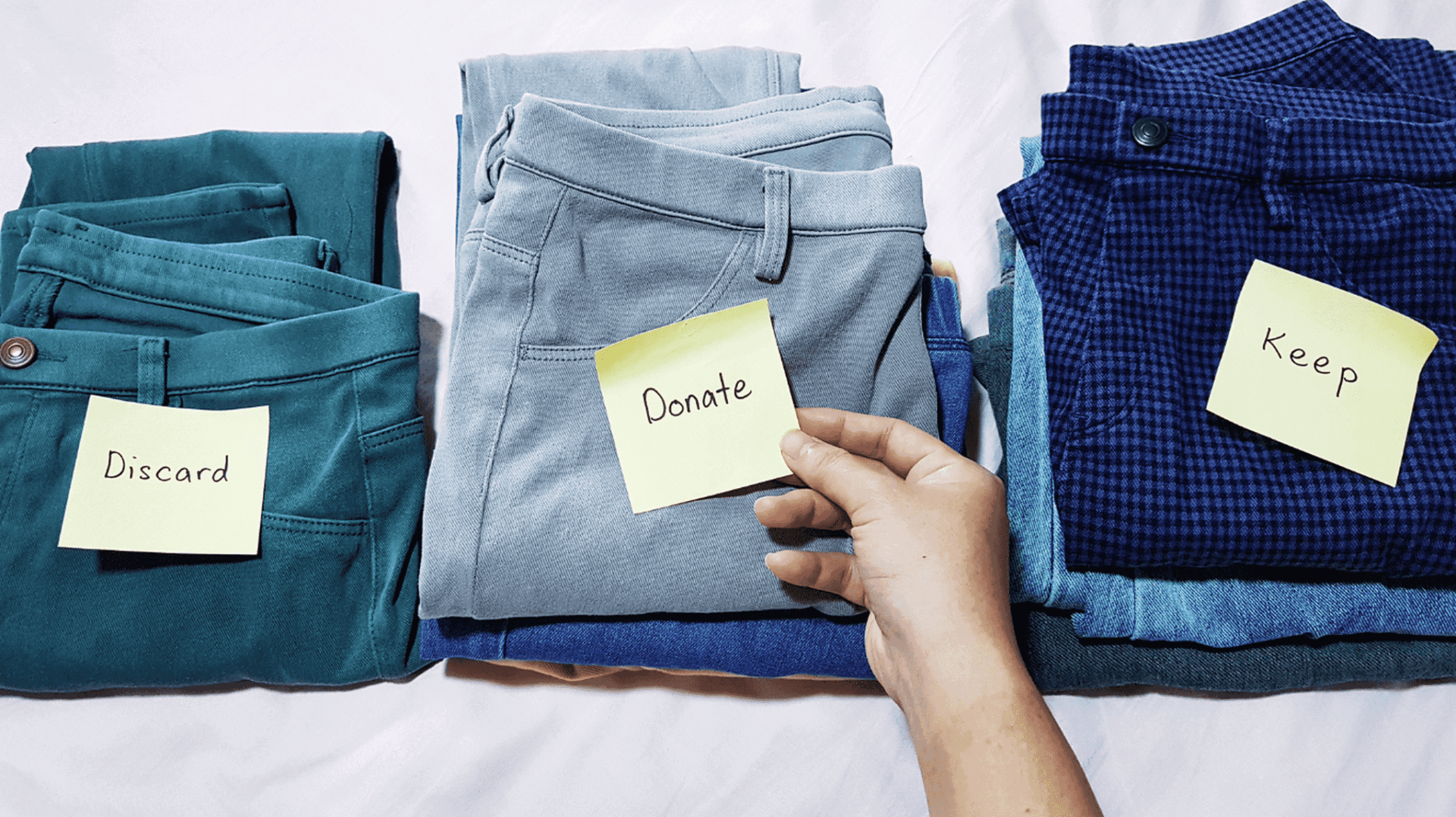
Clutter has a sneaky way of building up, even when we think we’re on top of things. One day it’s a pile of mail on the counter, the next it’s overflowing drawers and a closet you’re afraid to open. The good news? Getting ahead of clutter doesn’t have to mean minimalism or a full-blown decluttering marathon. With a few smart habits and consistent choices, you can create a space that feels lighter, calmer, and more in your control.
Start with the “One In, One Out” Rule

Before bringing something new into your home, consider what can go. Whether it’s clothes, books, or kitchen gadgets, swapping one item in for one item out helps prevent buildup over time. This simple rule is especially helpful for impulse shoppers and seasonal updates. You don’t need to toss anything immediately. Instead, keep a donation box nearby for easy access.
Make Decluttering a Routine, Not a Project

Waiting for the “perfect time” to declutter often means it never happens. Instead, build it into your weekly routine. Even 10–15 minutes a day can make a huge difference over time. Think of it like brushing your teeth—a small daily habit that keeps things in check.
Give Everything a Designated Home

Clutter usually comes from things that don’t have a place to go. Assign a “home” for everyday items like keys, chargers, receipts, and reusable bags. Clear containers, baskets, and labels can help, especially in shared spaces. Once everything has a spot, it’s easier to stay tidy without overthinking it.
Embrace the Drop Zone, But Set Limits

Everyone needs a spot to drop mail, bags, or shoes, but when it spreads, it becomes visual noise. Create a designated drop zone near the entryway with a tray, hooks, or a small basket. The key is to reset it regularly, at the end of the day or week, so it doesn’t become a permanent pile.
Reevaluate Storage Habits

Storage is helpful, but it shouldn’t become a reason to hold onto things you never use. If your storage bins are overflowing, take it as a cue to reassess. Are you saving it for “someday” or sentimental reasons? That’s okay, but limit it to what still feels meaningful or useful.
Be Honest About Your “Just in Case” Items

We all keep things for hypothetical futures, but be real with yourself about what you’ll actually use. If you haven’t touched it in a year and it doesn’t hold real value, it’s probably time to let it go. Trust that if you really need it again, you’ll figure it out.
Keep Flat Surfaces Clear (as Much as Possible)

Tables, countertops, and dressers tend to attract random items like magnets. But when flat surfaces are cluttered, the whole room can feel chaotic. Try to keep these areas mostly clear, with only a few intentional items like a lamp, bowl, or framed photo. Doing a quick sweep at the end of the day helps stop clutter from building up where it’s most visible.
Don’t Let the “Maybe” Pile Grow

Whether it’s clothes you’re unsure about or stuff you might donate “someday,” the “maybe” pile can quickly become a clutter zone. Set a limit for how long things stay in limbo, like a bin labeled “decide by the end of the month.” Giving yourself a time frame keeps decisions moving and helps avoid the guilt of accumulating indecision.
Digitize When You Can

Papers, receipts, and instruction manuals can quickly pile up. Go digital when possible. Snap photos, scan documents, and opt for e-receipts or digital subscriptions. It reduces physical clutter while keeping information accessible.
Get the Household Involved

Clutter control isn’t a solo mission. Make it a family or roommate effort by setting shared expectations, like a quick 10-minute tidy before dinner or on weekends. The more everyone’s on board, the easier it is to maintain long-term habits.
Less Mess, Less Stress

A clutter-free home isn’t about achieving perfection or keeping things showroom-ready—it’s about creating clarity and comfort. With small, sustainable habits, you can stop clutter before it starts and shape a space that feels lived-in, not overloaded. It’s less about tidiness for appearance’s sake and more about making your home work for your life, not against it.
